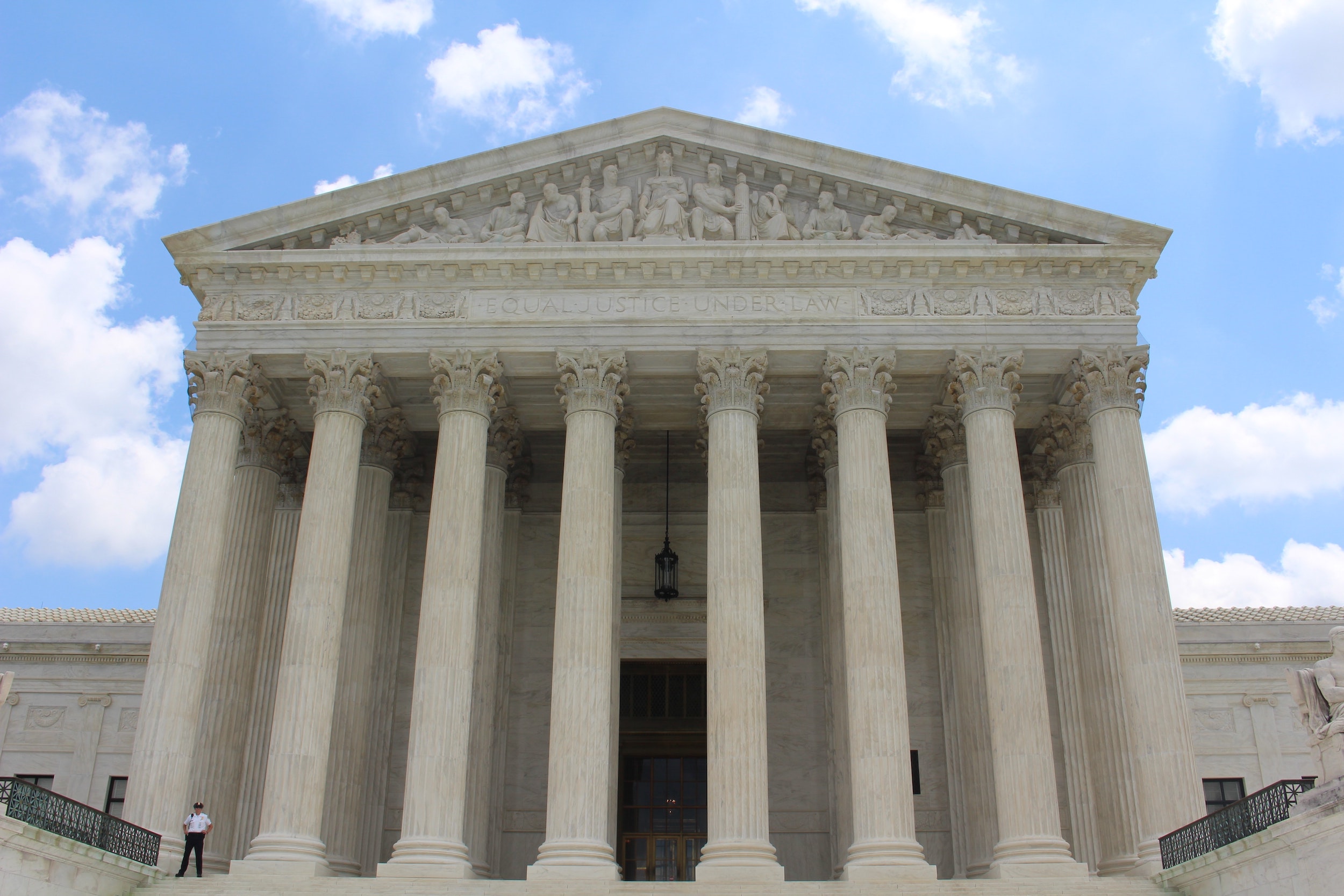Although we all knew that today’s Supreme Court decision in Dobbs v. Jackson Women’s Health Organization was coming, its arrival is still a blow to people of all faiths and none who have cherished, for nearly 50 years, the hope of equal access to reproductive health care.
As I said in May, when a draft of the decision was leaked, coming of age with access to safe and legal reproductive health care, including birth control and abortion, shaped my life and the lives of many women of my generation. Our ability to plan our families made it possible for us to use our God-given talents to pursue lives, careers, and ambitions our mothers and grandmothers could only imagine. Now those rights, in many parts of the country, will be denied to our children and grandchildren.
In 1976, three years after Roe became law, the General Convention of the Episcopal Church reaffirmed its 1967 support for “abortion law reform” with a resolution about abortion that committed our church to “unequivocal opposition to any legislation on the part of the national or state governments which would abridge or deny the right of individuals to reach informed decisions in this matter and to act upon them.” Our church has regularly updated and refined its understanding of abortion and reproductive health care in the years since then; most recently in 2018 when General Convention Resolution D032 committed us to “call for women’s reproductive health and reproductive health procedures to be treated as all other medical procedures, and not singled out or omitted by or because of gender.” Today we understand that transgender and nonbinary people who do not identify as women can also become pregnant, and so we call for reproductive health care for all people.
In keeping with these actions of General Convention, and in solidarity with those who are most vulnerable to this act of Christian extremism, we Episcopalians must now turn our attention to peacefully protesting state laws that seek to deny reproductive health care; to protecting clergy and lay leaders who will be caring for and counseling pregnant people in an ever-more perilous environment; and to fighting the movement, outlined in Justice Clarence Thomas’s radical concurrence with today’s decision, that would have the Supreme Court reconsider landmark rulings that recognized the right to birth control, decriminalized same-sex intimacy and opened the way to marriage equality.


